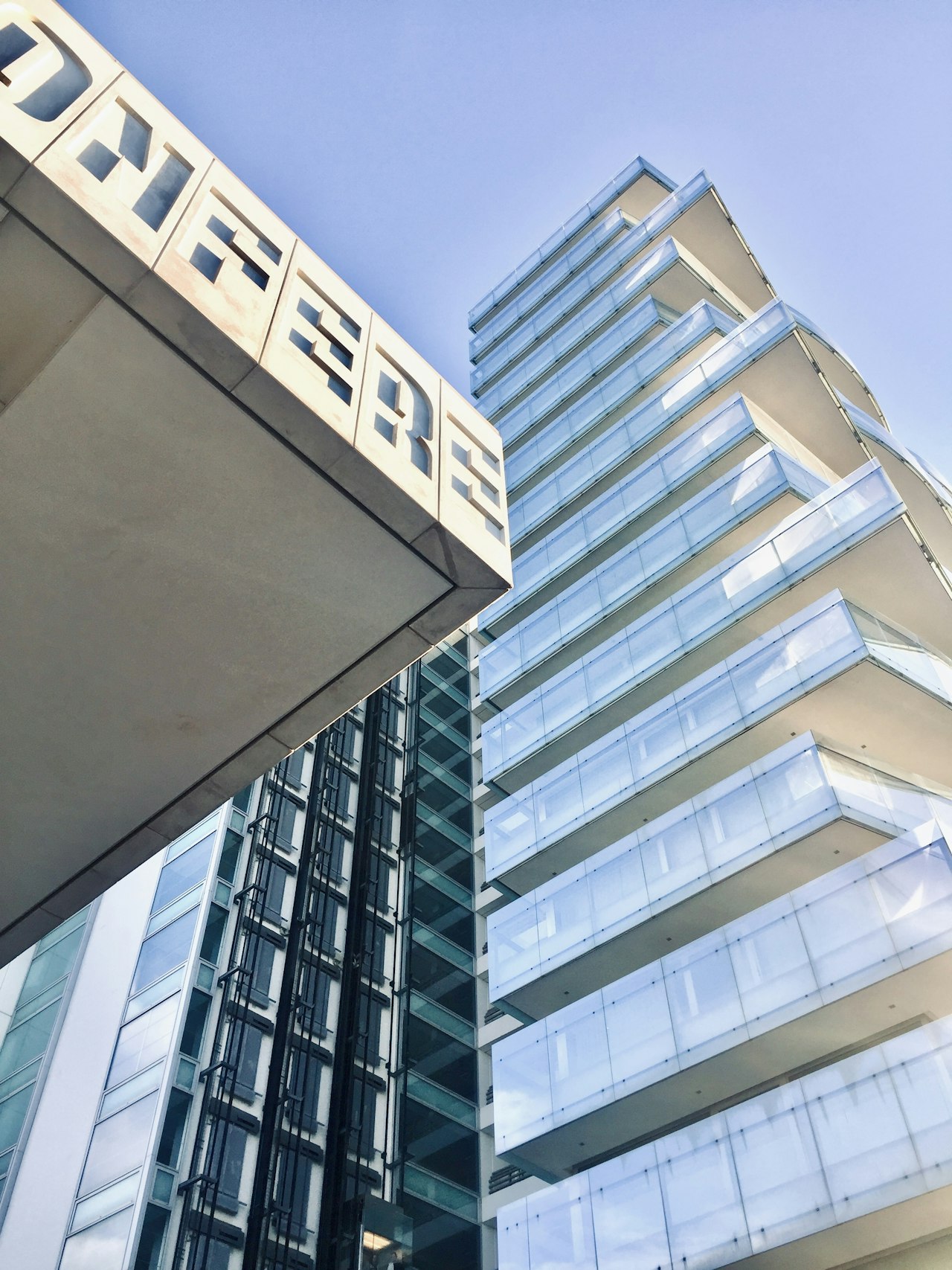Introduction:
In a concerted effort to combat nitrogen pollution in Cape Cod's coastal waters, the Massachusetts Department of Environmental Protection (MassDEP) has introduced comprehensive amendments to its Septic System (Title 5) Regulations (310 CMR 15.000) and Watershed Permit Regulations (314 CMR 21.00). These changes, effective since July 7, 2023, are part of MassDEP's initiative to address the well-documented nitrogen-related issues in Cape Cod water bodies. Let's delve into the key aspects of these regulations and understand how they impact homeowners, communities, and septic system owners.
Background:
The catalyst for these regulations stems from the alarming levels of nitrogen pollution in Cape Cod coastal estuaries and embayments, a problem also affecting the Islands and Southeastern Massachusetts. Septic systems, responsible for 85% of wastewater systems on the Cape, are identified as the primary source of nitrogen pollution.
New Regulations Overview:
-
Stressed Watersheds and Retrofit Requirements: The regulations target stressed watershed designations, imposing timetables and actions for Cape Cod towns. Retrofit requirements for septic system owners vary based on the town, watershed, and the nitrogen compliance level of the septic system.
-
Court Case Settlement: The new rules are a result of a settlement between MassDEP and the Conservation Law Foundation of New England, Inc. (CLF). This settlement followed a court case against the Towns of Barnstable and Mashpee for alleged non-compliance with sewage discharge laws.
-
Clean Water Act Authority: MassDEP is exercising its Clean Water Act authority to mandate the 11 towns on the Cape to address excess nitrogen in Cape Cod waters. Failure to comply will result in new obligations for septic system owners.
Nitrogen Sensitive Areas:
The regulations introduce the concept of "Nitrogen Sensitive Areas" (NSAs), automatically designating 30 watersheds on Cape Cod with nitrogen levels exceeding MassDEP water quality standards. A useful online tool by MassDEP helps identify these areas.
-
Watershed Permits: Watersheds designated as NSAs can obtain a Watershed Permit, valid for 20 years. This permit sets performance standards and activities to achieve nutrient load reductions necessary for water and habitat quality goals.
-
De Minimis Nitrogen Load Exemption: Alternatively, communities may apply for a De Minimis Nitrogen Load Exemption if they meet eligibility requirements.
Septic System Upgrades:
Owners within designated NSAs must add nitrogen removal to their septic systems within seven years from July 7, 2023. For areas designated in the future, the same timeline applies, with the clock starting at the date of designation.
Conclusion:
For homeowners, businesses, and stakeholders reliant on septic systems, it's crucial to understand these regulations and stay informed about municipal decisions. Whether your town opts for a Notice of Intent, Watershed Permit application, or De Minimis Nitrogen Load Exemption, proactive planning is essential. Waiting to comply might lead to rushed decisions and added costs. Stay ahead of the curve by familiarizing yourself with the regulations and planning for potential upgrades or system changes. In doing so, you contribute to the preservation of Cape Cod's precious water resources while ensuring the long-term productivity and value of your properties.

































































































